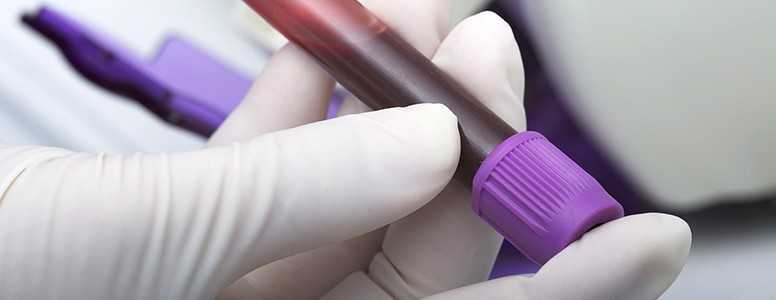A new type of blood test could help detect diabetes and other conditions, researchers say.
The method of using “methylation patterns of circulating DNA from dying cells” has been tested on more than 300 patients and has provided positive results so far.
DNA methylation expert Dr. Ruth Shemer, from the Hebrew University and one of the lead authors of the new study, said: “Our work demonstrates that the tissue origins of circulating DNA can be measured in humans.
“This represents a new method for sensitive detection of cell death in specific tissues, and an exciting approach for diagnostic medicine.”
Alongside diabetes, some of the other conditions researchers have managed to detect from the blood test include pancreatic cancer, pancreatitis, traumatic brain injury and multiple sclerosis.
Dying cells release fragmented DNA into the blood, which scientists have known happens for some time. But if cells are found to be dying, it could be an early indicator of a disease in the body.
The new blood test method provides a “unique” chemical modification called methylation which can identify specific cells.
Professor Benjamin Glaser, from the Hadassah Medical Centre, who also worked on the research, added: “In the long ru, we envision a new type of blood test aimed at the sensitive detection of tissue damage, even without a priori suspicion of disease in a specific organ.
“We believe that such a tool will have broad utility in diagnostic medicine and in the study of human biology.”
The findings, entitled ‘Identification of tissue specific cell death using methylation patterns of circulating DNA’, have been reported in the Proceedings of National Academy of Sciences USA.
Researchers said more work needs to be done before the test can be made available to healthcare professionals around the world.




